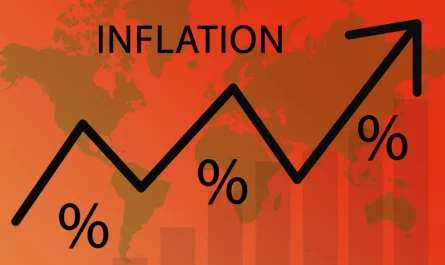The Debt Management Office, DMO, has explained that the securitisation of N4.90 trillion Ways and Means loan and differences in foreign exchange rates are responsible for the increase of Nigeria’s total debt stock by N24 trillion to N121.67 trillion at the end of March 2024.
The Director General of DMO, Patience Oniha, disclosed this in an interview with NAN on Tuesday in Abuja.
This comes as Nigerian stakeholders raised an alarm over the country’s rising debt profile.
Nigeria’s public debt stock grew from N97.34 trillion in December to N121.67 trillion at the end of March 2024. This represents a 24.99 per cent (or N24.33 trillion) increase in the country’s debt portfolio in under three months.
However, Oniha clarified the misconceptions about the recently released update of the country’s total debt profile.
She said that the securitisation of N4.90 trillion as part of the securitisation of the N7.3 trillion Ways and Means advances approved by the National Assembly was also responsible for the N24.33 trillion increase in the debt stock.
According to her, there is also the interest rate and new borrowing of N2.81 trillion as part of the N6.06 trillion provided in the 2024 budget.
She, however, emphasised that the debt stock included the domestic and external debt stock of the 36 states and the Federal Capital Territory, FCT.
“The total public debt as of March 31 showed that the total public debt in naira terms stood at N121.67 trillion compared to N97.34 trillion as of December 31, 2023.
“While detailed information was provided on the data, such as the split between external and domestic debt as well as the fact that the debt stock includes the domestic and external debt stock of the 36 states and the FCT, it has become imperative to provide some explanations.
“It is important to recognise the fact that Nigeria has undergone some major reforms which have impacted economic indices such as the dollar/naira exchange rate and interest rates. These two, in particular, affect the debt stock and debt service.
“The naira values were significantly different at N38.22 trillion and N56.02 trillion, respectively, representing a difference of N17.8 trillion. This explains the perceived sharp increase of N24.33 trillion in the total debt stock in the first quarter of 2024.
“The difference in the exchange rate for the two periods also explains why, in dollar terms, the total debt stock declined in the first quarter of 2024 to 91.46 billion dollars,” Oniha said.
